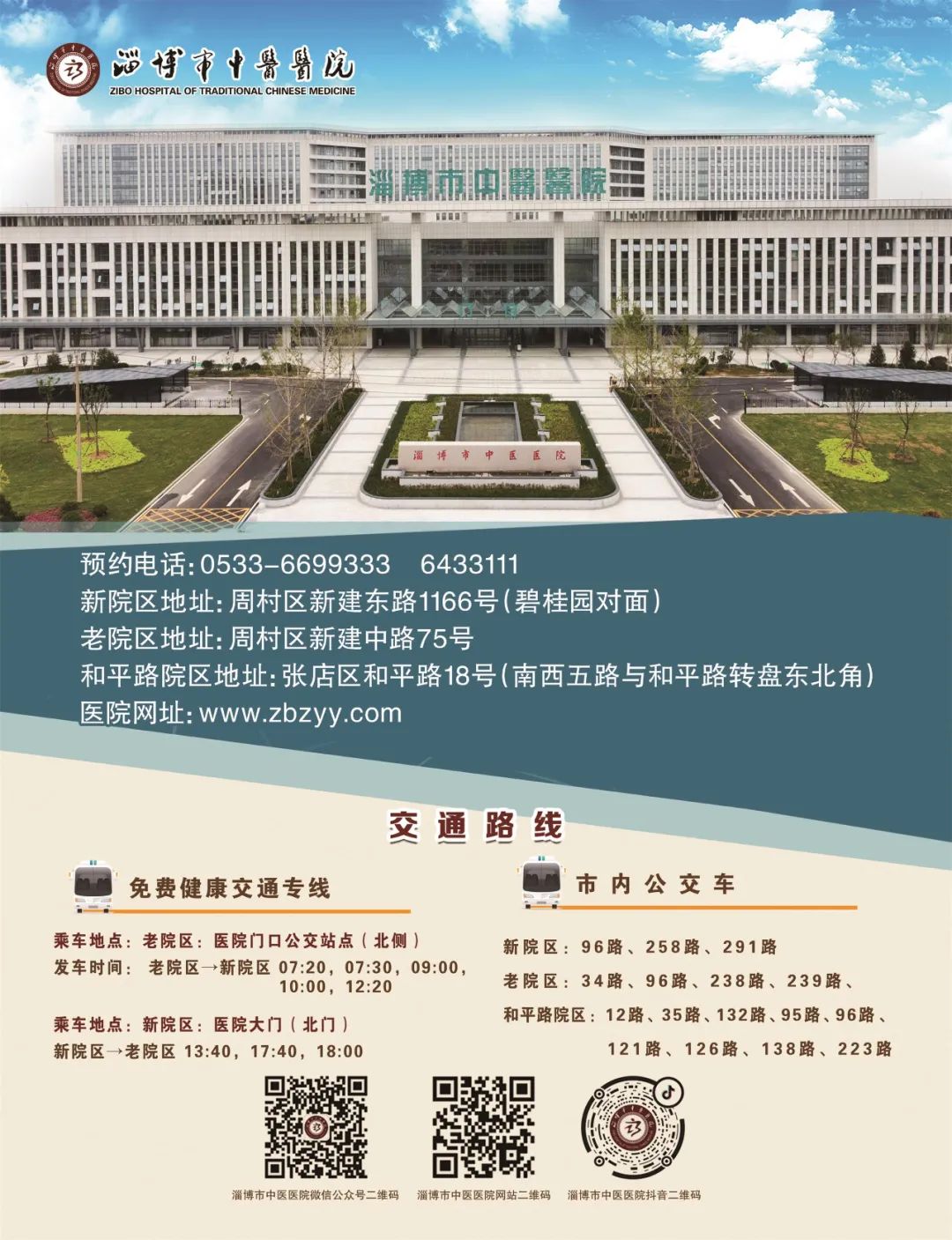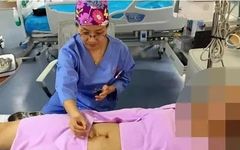

Ai Jiu (Moxibustion)
Ai Jiu is primarily made from mugwort (艾绒, ài róng), which has aromatic properties. The warmth and unique scent released during burning can quickly open the body’s meridians, accelerate blood circulation, and achieve the purpose of strengthening the body and expelling pathogens.
Through its effects of warming the meridians, dispelling cold, promoting qi and blood circulation, and tonifying yang, long-term moxibustion can clear the meridians, drive out cold and dampness, eliminate toxins, enhance metabolism, improve endocrine function, and comprehensively regulate the body, thereby strengthening the patient’s constitution and overall condition.
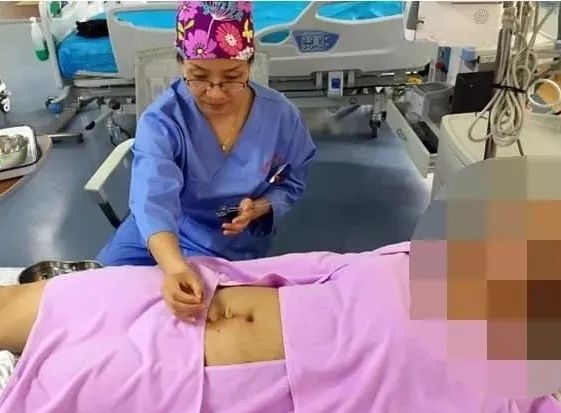
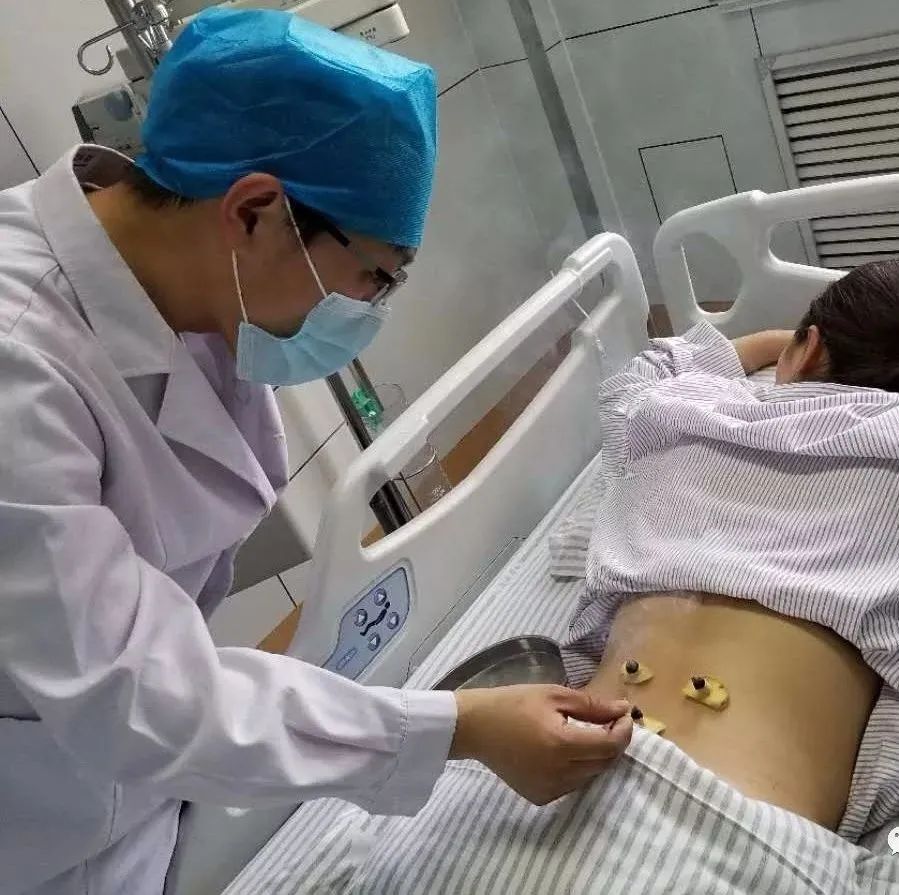
Indications for Moxibustion
01
Sub-healthy individuals:
Those experiencing high stress, loneliness, depression, irritability, insomnia, headaches, dizziness, early cognitive decline, sensory impairments, fatigue, and those who work long hours in air-conditioned environments, especially individuals with endocrine disorders and menopausal syndrome.
02
Individuals with yang deficiency and cold symptoms:
Those suffering from rheumatism, rheumatoid arthritis, neck, shoulder, waist, and leg pain, lumbar disc herniation, cervical spondylosis, shoulder periarthritis, and other conditions caused by cold invasion; women experiencing postpartum wind, who are sensitive to cold and wind, have spontaneous sweating, joint pain that worsens with cold or wind, and those who feel the need to keep warm even in summer.
03
Individuals with three highs:
High blood lipids, high blood viscosity, high blood sugar, cholecystitis, gallstones, and cardiovascular diseases.
04
Men with liver or prostate diseases:
Alcoholic liver disease, fatty liver, erectile dysfunction, premature ejaculation, hernia, infertility, benign prostatic hyperplasia, difficulty urinating, prostatitis, etc.
05
Gynecological inflammation and cold-related diseases:
Vaginal itching, pain, vaginitis, cervicitis, pelvic inflammatory disease, leukorrhea, dysmenorrhea, amenorrhea, masses, uterine fibroids, ovarian cysts, infertility; women with cold and dampness in the uterus, dysmenorrhea, and other blood stasis and cold symptoms.
06
Patients with gastrointestinal diseases:
Gastrointestinal dysfunction, gastric cold and pain, excessive gastric acid, gastric prolapse, bloating, constipation, diarrhea, and other various physical discomforts.
Five Acupuncture Points for Moxibustion in Summer to Effectively Improve Cold and Deficient Constitution
01
Da Zhui (Governing Vessel 14)
Da Zhui is a point on the Governing Vessel, which governs and supervises all yang channels in the body. It is said to be the sea of all yang channels, and it gathers the three yang channels of the hands and feet, which circulate the postnatal yang qi of the body, nourishing the entire body. Therefore, Da Zhui is known as the “Yang of Yang” and is referred to as the “little sun” of the human body; moxibustion at this point can open the seven channels.
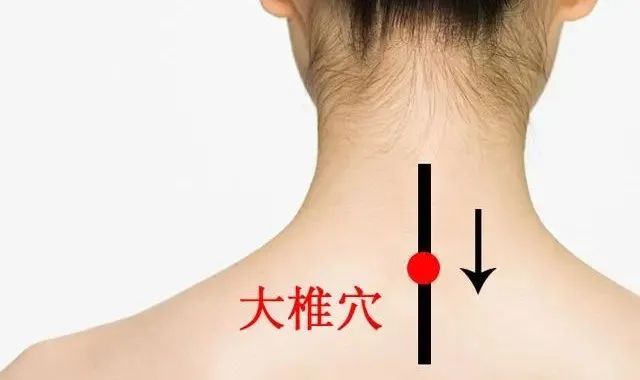
02
Ming Men (Governing Vessel 4)
Ming Men is the “gate of life” in our body, where the innate qi is stored, and it is fundamental to life. Clinically, deficiency of Ming Men fire is mainly manifested by cold limbs, diarrhea, or nocturnal enuresis. Symptoms of yang deficiency include premature ejaculation in men and infertility in women, with pale tongue and deep, slow pulse. Therefore, long-term moxibustion at Da Zhui and Ming Men can enhance the yang qi of the Governing Vessel.
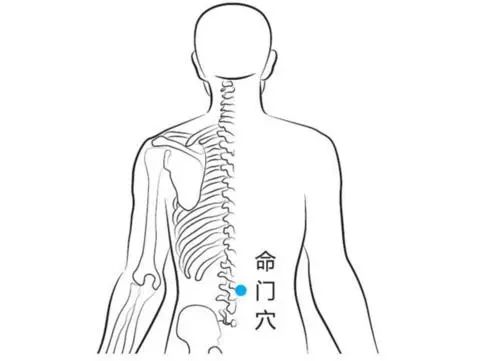
03
Shen Que (Ren 8)
Located in the central part of the abdomen, moxibustion at Shen Que has the effect of connecting the upper and lower parts of the body, linking the Ren Vessel. It can also regulate gastrointestinal diseases, gynecological diseases, reproductive system, and urinary system diseases. Therefore, moxibustion at Shen Que can significantly improve yang deficiency constitution.
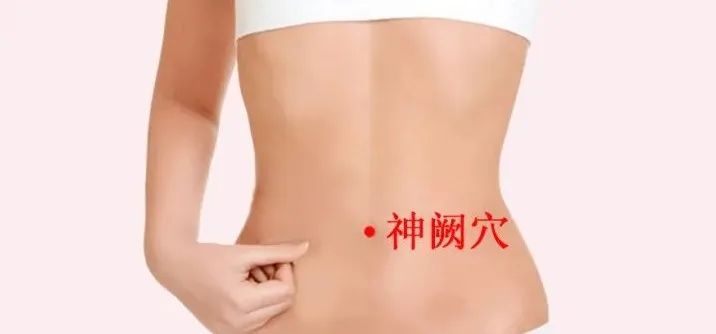
04
Zu San Li (Stomach 36)
Zu San Li is a longevity point that strengthens the body. There is a saying: “If you want to be healthy, moxibustion at San Li is essential.” This refers to using moxa sticks to warm this point until the skin blisters, also known as “moxibustion flowers.” Studies have shown that regular moxibustion at Zu San Li can improve gastric motility and blood supply to the stomach, stimulating the secretion of digestive juices, thereby enhancing digestive function!
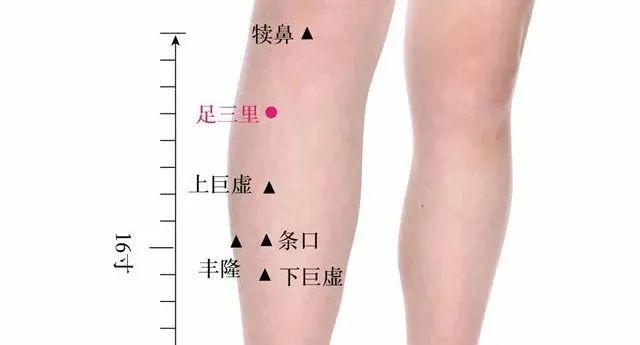
05
Yong Quan (Kidney 1)
According to the “Huangdi Neijing” (Yellow Emperor’s Classic of Internal Medicine), it states: “The kidney qi emerges from Yong Quan, which is at the bottom of the foot.” This means that the qi of the kidney is like the water from a spring, originating from the feet and nourishing the entire body. Therefore, Yong Quan plays an important role in health maintenance, disease prevention, and wellness.
If time permits, the five acupuncture points can be moxibusted in sequence, following the order from yang to yin. Persisting with moxibustion during this summer can improve your cold and deficient constitution.
Precautions for Moxibustion Treatment
1. Do not be overly full or hungry during moxibustion, and maintain a calm and relaxed mood.
2. Avoid bathing shortly after moxibustion; after moxibustion, the pores of the body are open, so be cautious of cold and keep warm.
3. Drink some warm water after moxibustion to help eliminate sweat and replenish fluids.
4. During the moxibustion period, maintain a light diet, avoiding spicy and stimulating foods, and do not consume cold foods such as seafood, cold drinks, and cooling fruits.
5. After moxibustion, if you feel fatigued or weak, it is a normal phenomenon. The body is undergoing a period of adjustment; take a short rest and avoid overexertion.
Provided by: Emergency Department
Reviewed by: Li Wenyuan
Edited by: Ning Yurong
